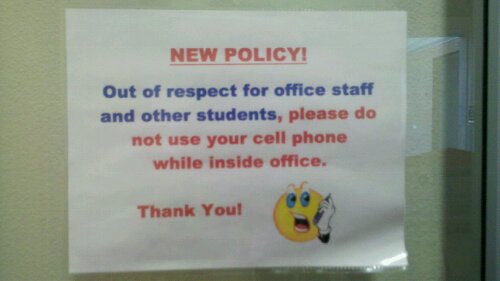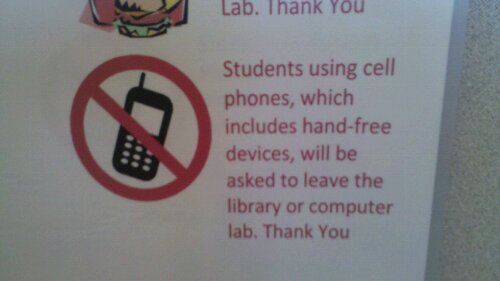Here are the links from today’s meeting:
If you think of anything else, please add it to the comments.
Here are the links from today’s meeting:
If you think of anything else, please add it to the comments.
This interesting documentary (in four parts) covers a lot of ground – mobile, mapping, augmented reality, and all of that. You should watch it.
Geospatial Revolution from Penn State Public Broadcasting
Here’s the trailer:
Skype in the classroom is a free community to help teachers everywhere use Skype to help their students learn. It’s a place for teachers to connect with each other, find partner classes and share inspiration. This is a global initiative that was created in response to the growing number of teachers using Skype in their classrooms.
Check out the Projects section, a clearinghouse for various projects, to get an idea of what other educators are doing with Skype. You can sort by age group and subject area, and even search for guest speakers.
New options for comment, discussion, critique, etc. Continuing on some of the themes from last year’s report, particularly with regard to mobile, key trends are:
Discuss. 🙂
This from the Chronicle of Higher Ed:
In November, with help from a U.S. Department of Education grant, Bellevue bought 500 netbooks—inexpensive laptops used to download and read Internet material—to rent out for $35 per quarter. Negotiations are still continuing with publishers, but the cost of the e-textbooks used on the devices can be half that of traditional books.
I have to say that as cool as this might sound, I HATE hardware-based solutions, especially when the college is holding the bag. I hate ARS (e.g., clickers) for the same reason, especially when phones are ubiquitous and there are systems available to allow them to act like clickers. Granted, there are ancillary benefits of having access to a netbook, but I wonder how many of the target students already carry smartphones? The latest Pew research seems to indicate that lower-income students tend to access the internet on devices:
Teens from low-income households, particularly African-Americans, are much more likely than other
teens to go online using a cell phone. Source – Pew: Teens and Mobile Phones, April 2010
Read the rest of the Chronicle article here.

These are flyers posted in a couple of places at FLC. Is this the message we want to be sending? Given that smartphones are handheld computers, do we really want to prohibit our students from using computers? Is “Students having loud, disruptive conversations…” too nuanced for a sign?
